Since SLAM research project builds in for interdisciplinary research, Dragan Gasevic and his team can provide and add valuable methodological knowledge in terms of how to process multichannel data that consists of physiological reactions and their associations for self-regulated learning. Specifically, they focus of investigating how machine learning methods can self-regulated in the context of collaboration.
During the research visit, Jonna has been working intensely with Postgraduate Student Oliver Fincham, who is a member of Institute for Adaptive and Neural Computation and Markus Hörmann. He is a research fellow at the chair of Teaching and Learning with Digital Media at the University of Technology Munich and works closely with Prof Maria Bannert.
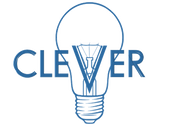
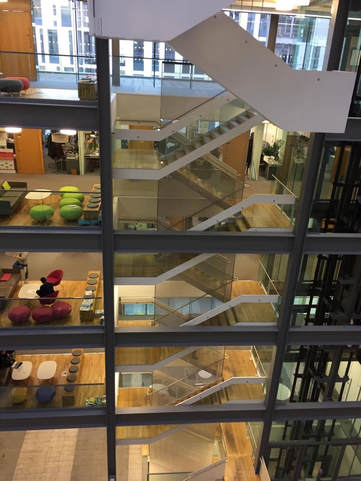
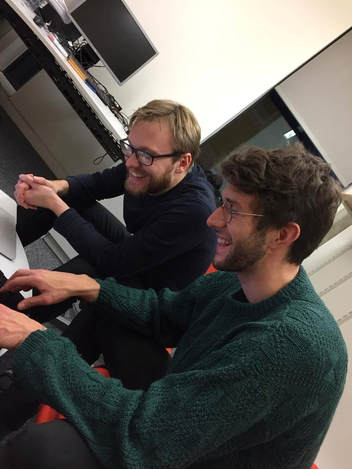
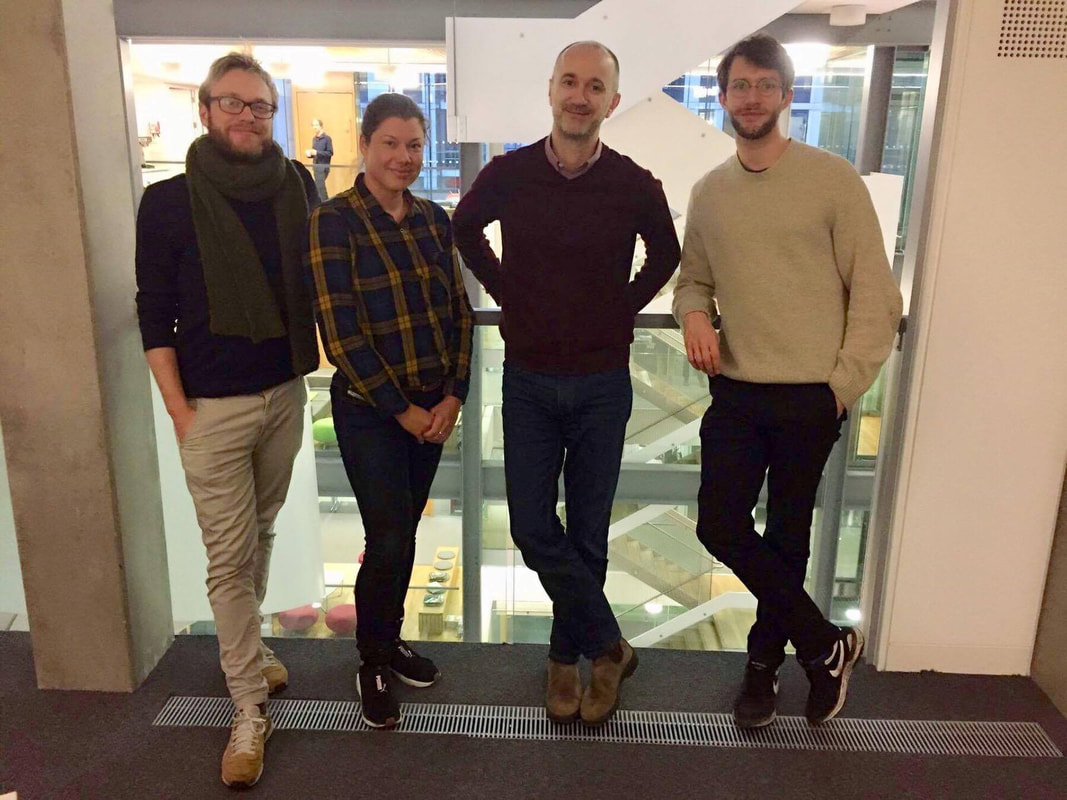


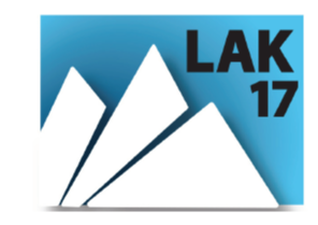
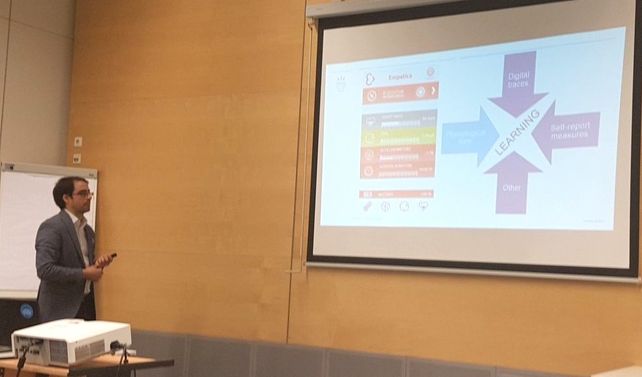
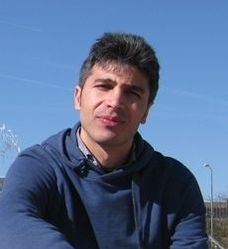
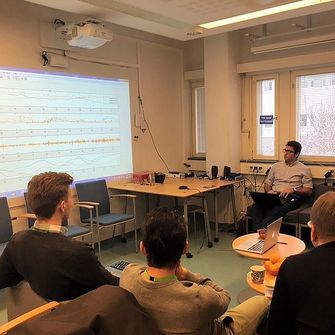
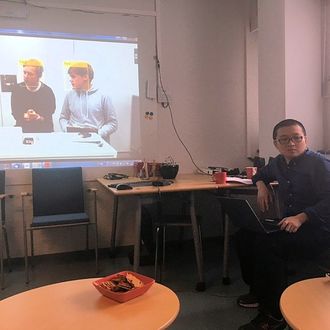
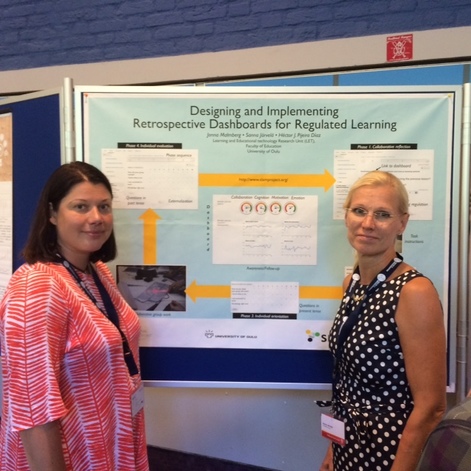
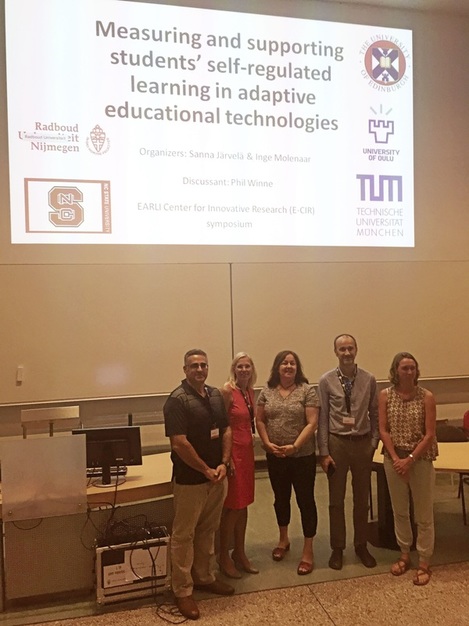
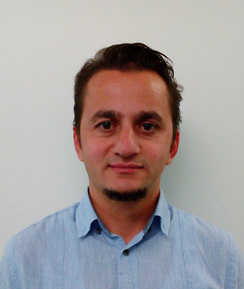
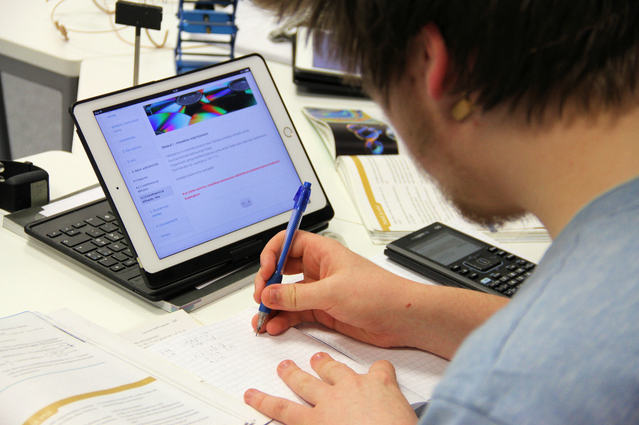
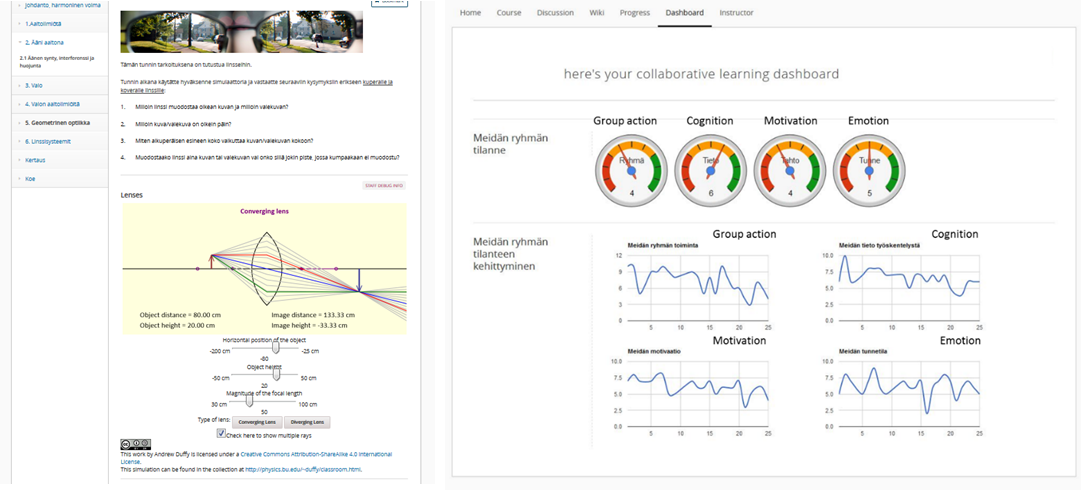
 RSS Feed
RSS Feed
